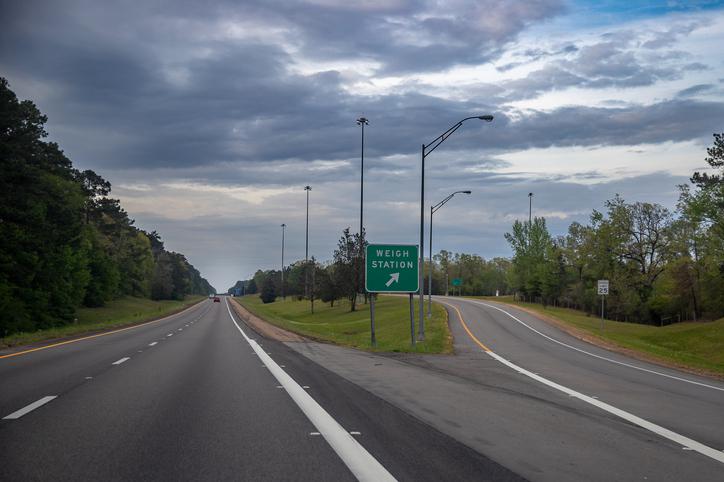Car wraps have become highly-popularized in recent years. Not only do they give you the option to completely change the appearance of your car, but a wrap can also provide ample, long-term protection to the paint and the surface of your vehicle. These stylish-yet-protective layers can help prevent the chips and blemishes that often occur with daily driving and exposure to the elements.
But how much does it cost to wrap a car? And what does the process entail? Let’s look at some standard costs associated with wrapping a vehicle and detail some of the various options available today.
Wrapping A Car: An Overview
In many ways, wrapping a car seems like a relatively straightforward practice. In reality, it is a task that requires both patience and expertise to execute correctly. Let’s walk through the process of wrapping a car.
There are some vital questions that must be asked by both the vehicle owner and the professional who will be applying the wrap:
A detailed inspection and preparation of the car before applying a wrap is essential, including checking for damage on the original paint. A vinyl wrap does not properly adhere to the damaged surface, making it difficult (and sometimes impossible) to execute a clean, proper installation. The surface needs to be near perfect for the vinyl wrap to grip and form-fit the car effectively. A vehicle must also undergo a thorough cleaning process to remove any dust, dirt, or grime before applying a vinyl wrap.
Tools For Vinyl Wraps
Aside from acquiring the desired vinyl for your car, applying the wrap to your vehicle requires the use of several different tools:
With careful coordination, a team of car wrap professionals can typically apply a vinyl to a car body in three to seven working days. Of course, everything depends on the complexity of the bodywork and design (i.e., multi-colored body parts, stripes, etc.).
Most car wraps can withstand the elements for roughly 3 to 5 years. However, to keep the wrap in the best possible condition, you need to follow a few simple steps.
First, avoid the use of automatic or drive-thru car washes. In many cases, the rigid, harsh brushes in these facilities can considerably damage the vinyl. That means you need to have your car hand-washed whenever it needs to be cleaned. While you can still use a jet washer on your wrapped car, make sure you keep the spray nozzle a safe distance away from the vinyl surface so the water pressure doesn’t potentially harm the vinyl.
Other car wrap professionals recommendations include:
Cost Of Wrapping A Car
Most costs incurred from having your car professionally wrapped result from the labor-intensive nature of the process. The following price approximations generally apply to the easiest and most basic wrap applications. For example, a Tesla is surprisingly one of the simplest vehicles to wrap due to its smooth, flat, and simple exterior design. Once you begin including upgrades such as specialty vinyl, custom designs, and wheel wrapping, the price starts to increase.
Here are the average baseline costs of having a professional apply a wrap to your vehicle.
DIY Option
We must lead this section off by saying that we highly advise having your car wrapped by professionals with the experience and expertise to execute the application properly. As we have detailed throughout this piece, applying a wrap can be both tedious and complicated. Therefore, you are best suited to have the job completed by professionals to avoid any mishaps or potentially catastrophic application errors.
However, if you feel you have the experience and technical know-how to take on the task yourself, there are fewer costs associated with the process than professional installation.
Prices for rolls of 3M’s standard 2080 Series Gloss Black vinyl wrap range from roughly $36 for 10 square feet to about $420 for 200 square feet.
The average car requires roughly 250 square feet of vinyl to cover its entire surface. With this in mind, the standard DIY car wrap will run you approximately $500-$750 in vinyl costs. These prices will vary depending on the vinyl brand, the vinyl retailer, and the color and design of the wrap.
Summary
Whether you are employing a professional’s services or taking the DIY approach, wrapping a car is a time-consuming process. If you want to commit your vehicle to a professional (which we wholeheartedly advise), you will likely spend at least $2,000 for a car wrap. The DIY approach can be much more cost-effective but comes with its drawbacks and potential complications.
If you are looking to get your car wrapped in the near future, we hope we have provided some general insight that will help you decide which approach is best for your budget and achieving your desired results. For more on car wraps and all things automotive, read more of our articles and informative guides!
Related Resources

